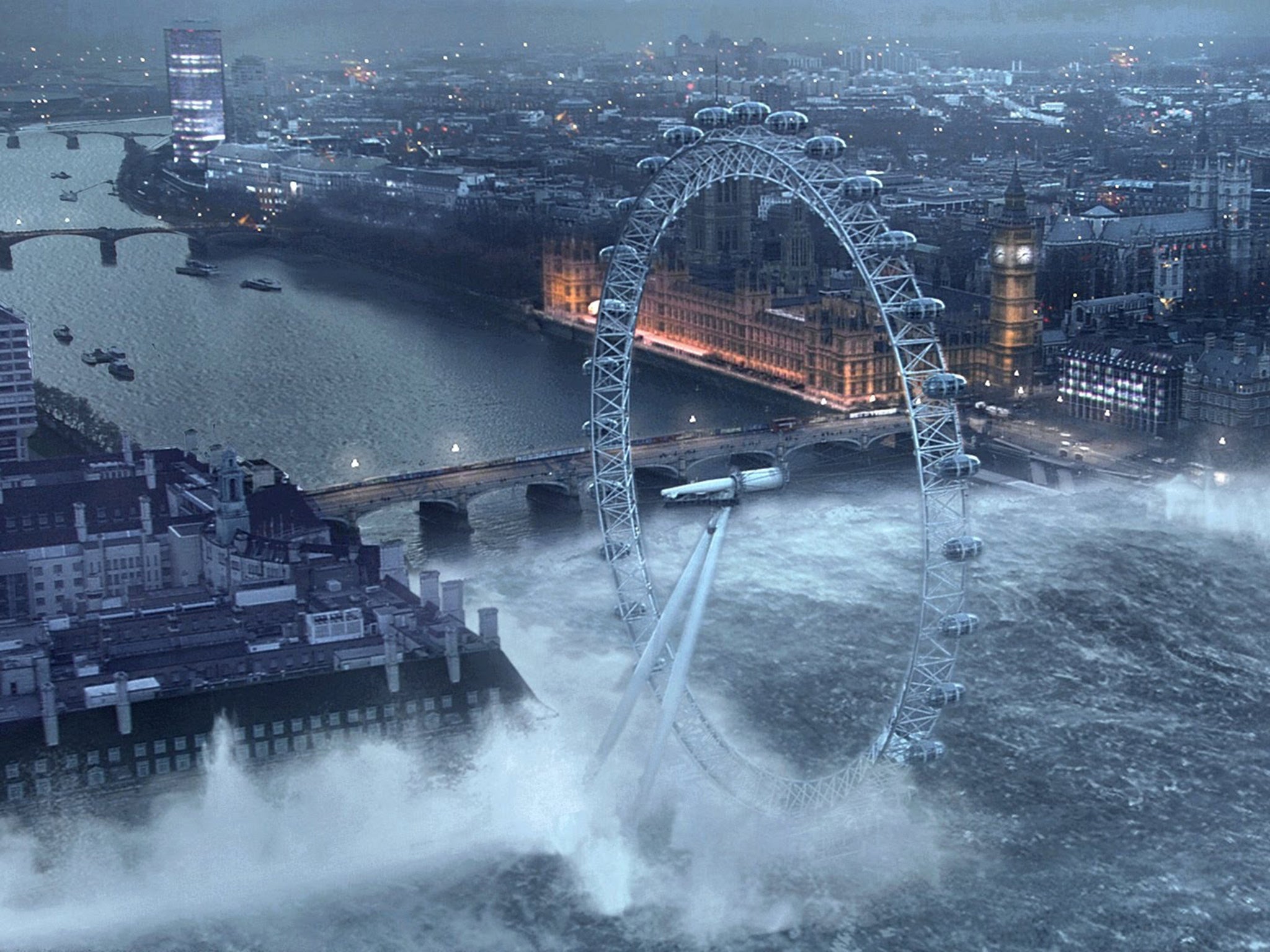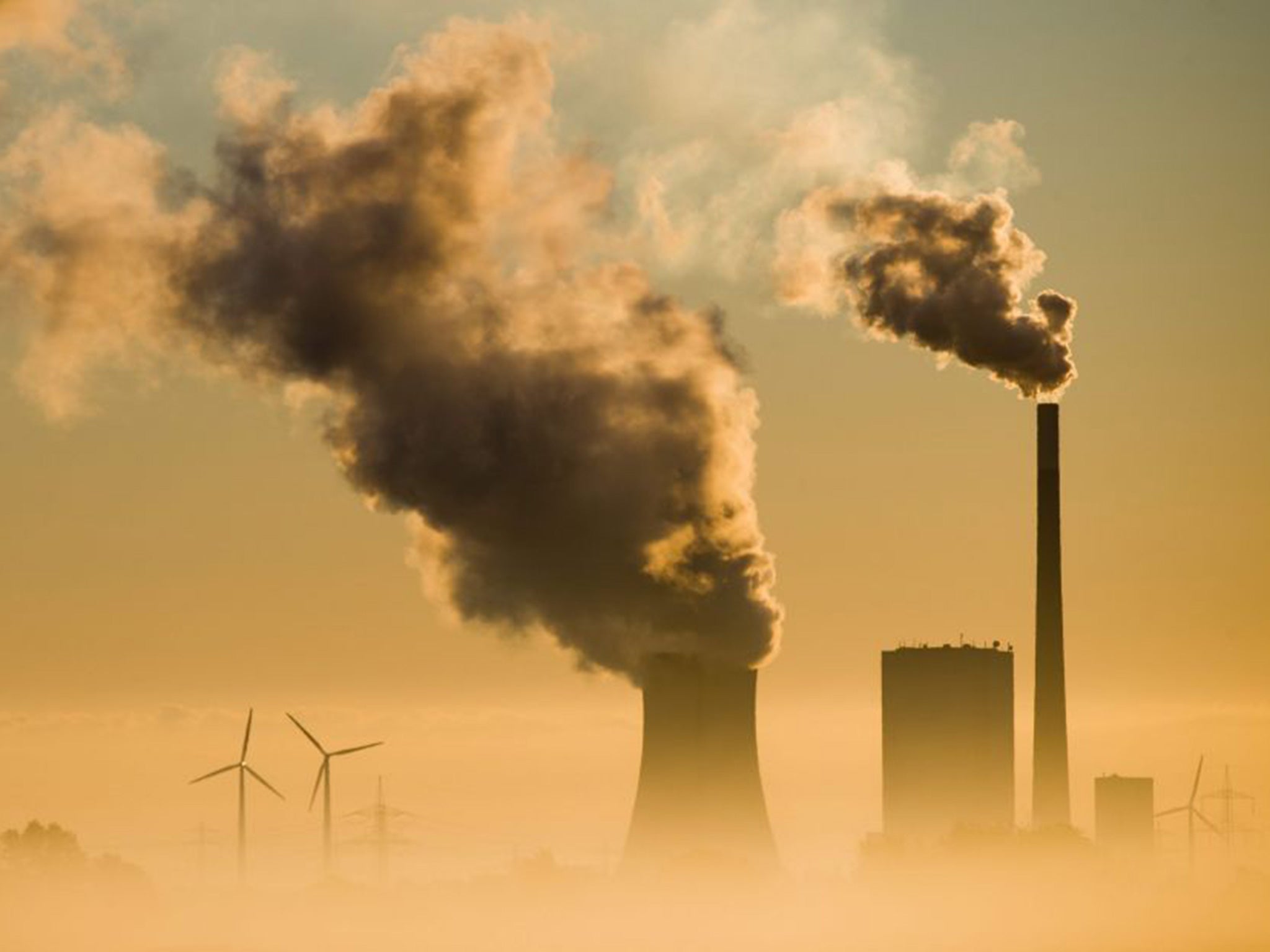London, New York, Hong Kong and Tokyo among cities that will be submerged under water if we burn all fossil fuel reserves, says report
Carbon emissions given off would lead to virtually all of the Antarctic ice sheet melting

Your support helps us to tell the story
From reproductive rights to climate change to Big Tech, The Independent is on the ground when the story is developing. Whether it's investigating the financials of Elon Musk's pro-Trump PAC or producing our latest documentary, 'The A Word', which shines a light on the American women fighting for reproductive rights, we know how important it is to parse out the facts from the messaging.
At such a critical moment in US history, we need reporters on the ground. Your donation allows us to keep sending journalists to speak to both sides of the story.
The Independent is trusted by Americans across the entire political spectrum. And unlike many other quality news outlets, we choose not to lock Americans out of our reporting and analysis with paywalls. We believe quality journalism should be available to everyone, paid for by those who can afford it.
Your support makes all the difference.London, New York, Tokyo and Hong Kong are some of the cities that would be submerged under the sea if the world burns all of its accessible fossil fuel reserves, a new report has warned.
The carbon emissions given off by the coal, oil and gas would fuel global warming to such an extent that virtually all of the Antarctic ice sheet would melt, pushing the sea level up by 60 metres and flooding the homes of more than a billion people worldwide, the researchers found.
Most of the focus on the Antarctic ice sheet has been on the west, where the melting is far more advanced. This is the first research to look at the impact of fossil fuel burning on the entire sheet and finds that the east sheet also gives cause for alarm.
“The West Antarctic Ice Sheet may already have tipped into a state of unstoppable ice loss ... But if we want to pass on cities like Tokyo, Hong Kong, Shanghai, Calcutta, Hamburg and New York as our future heritage, we need to avoid tipping in east Antarctica,” said Professor Anders Levermann, of the Potsdam Institute for Climate Impact Research.
Ken Caldeira, of the Carnegie Institution for Science, added: “Most previous studies of Antarctic have focused on the loss of the West Antarctic Ice Sheet. Our study demonstrates that burning coal, oil and gas also risks loss of the much larger East Antarctic Ice Sheet.

“If we do not want to melt Antarctica, we can’t keep taking fossil fuel carbon out and just dumping it into the atmosphere as CO2 ... If we don’t stop dumping our waste CO2 into the sky, land that is now home to more than a billion people will one day be under water,” he added.
Professor Anders told The Independent he thought it was unlikely that the world will burn all its fossil fuel reserves. But he suggested a sizeable portion could be burnt, posing a significant risk to the ice sheet. “If we continue to increase the emissions every year by the same [amount] as we did in the past, we will have burned everything in about 150 years,” he said.
The research, published in the journal Science Advances, also included researchers from the University of California Riverside.
It found that the West Antarctic Ice Sheet becomes “unstable” if carbon emissions continue at current levels for 60 to 80 years, representing only 6 to 8 per cent of the 10,000 billion tonnes of CO2 that would be released if all remaining fossil fuels are burnt.
The study does not predict greatly increased rates of ice loss for this century, but found that average rates of sea level rise over the next 1,000 years could be about three centimetres a year, pushing the sea level up by about 30 metres by the end of the millennium.
“It’s much easier to predict that an ice cube in a warming room is going to melt eventually than it is to say precisely how quickly it will vanish,” said Professor Ricarda Winkelmann, of the Potsdam Institute.
Join our commenting forum
Join thought-provoking conversations, follow other Independent readers and see their replies
Comments